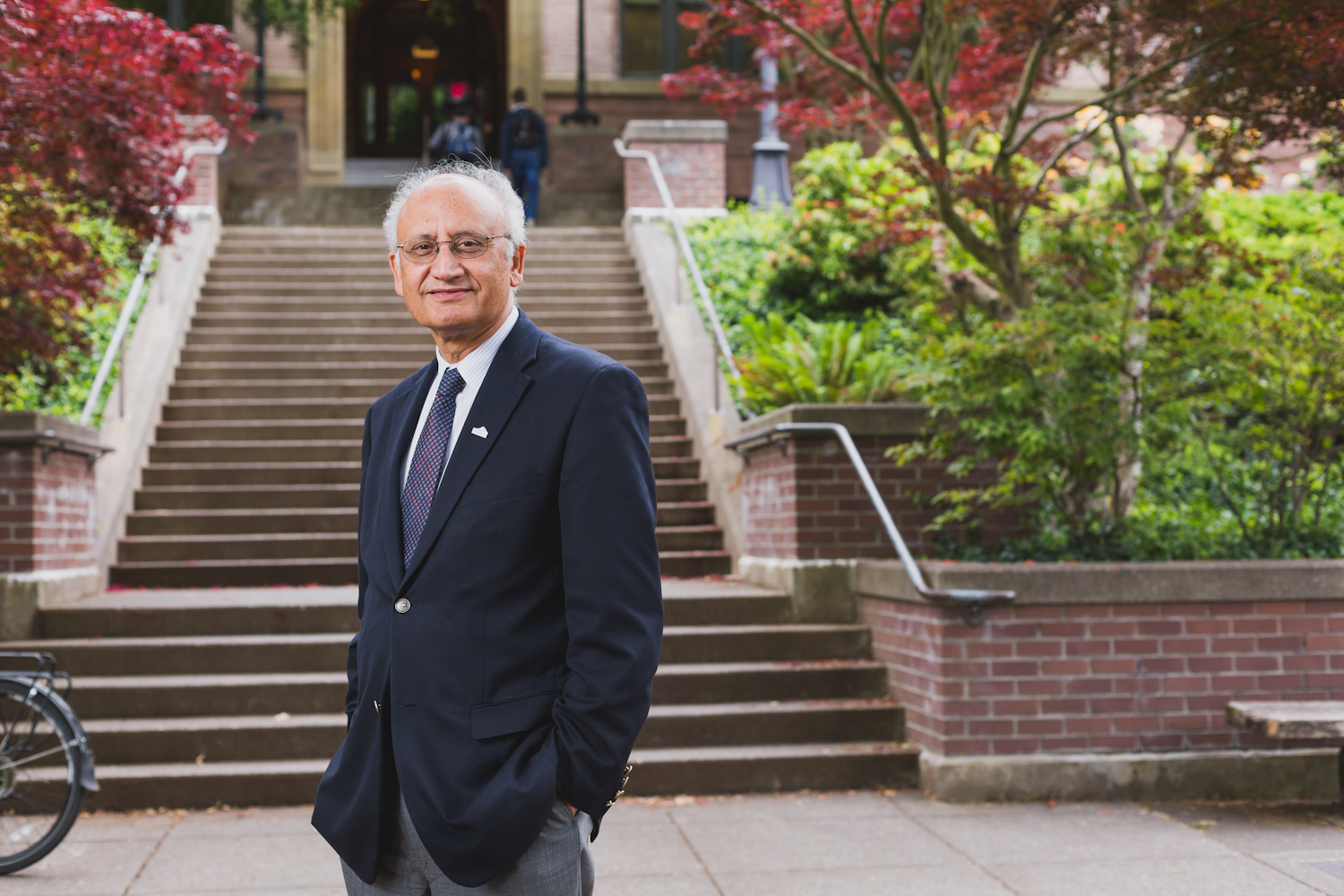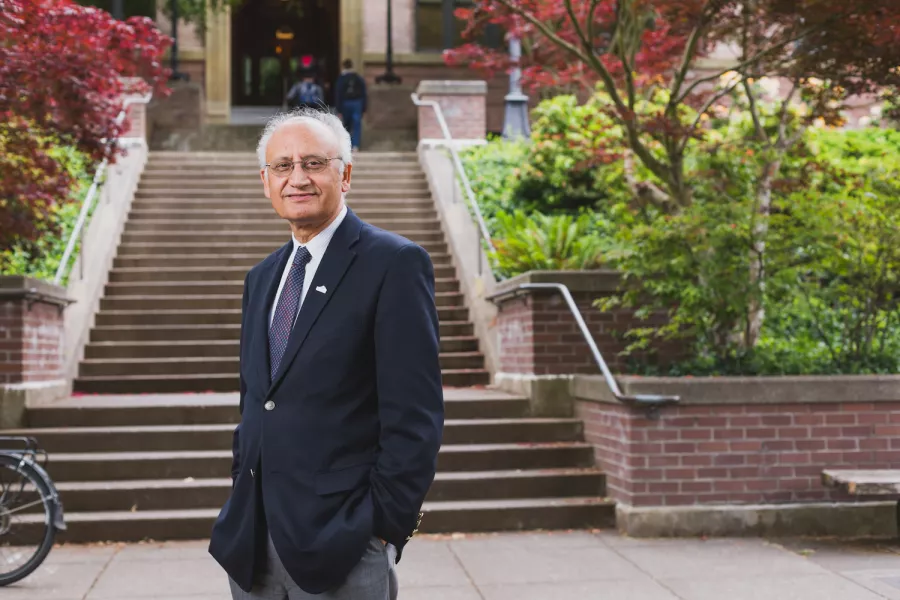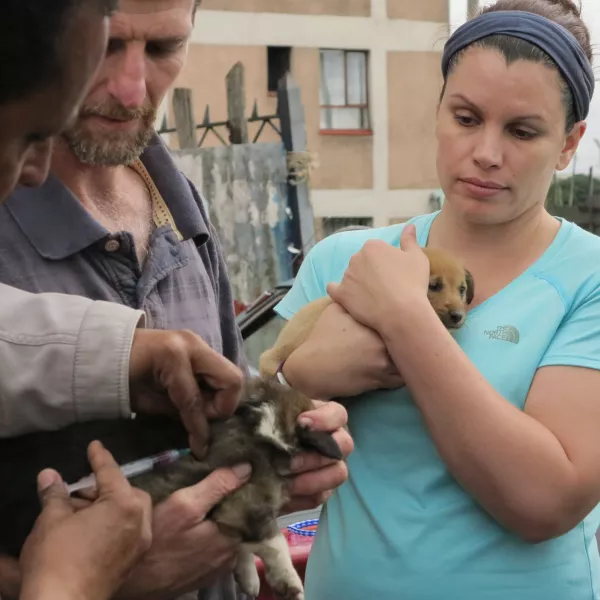Unprecedented experiences can often lead to unprecedented lessons. In this bizarre two years plus of living through a once-in-a-century pandemic we have all learned truths about ourselves and others that would not have been as accessible in ordinary times. From the superficial to the most profound questions of our relationship with loss, purpose and meaning, we have all had the opportunity to gain clarity on what is most important to us and what we can let go of.
Throughout the history of the human race, times of crisis have always heightened the opportunity for bringing out the best in us. For several WWU alumni, the pandemic has also presented opportunities in crisis.
Veterinarian Emily Pieracci, ’02, B.A., history and psychology, is a specialist in zoonoses, diseases such as rabies, West Nile virus, or the plague that spread from animals to humans. As humans continue to encroach into territory occupied by wildlife, zoonotic specialists become more critical in helping to recognize new outbreaks. After earning a Master of Public Health at Johns Hopkins University, Dr. Pieracci applied for the Epidemic Intelligence Service Fellowship, which is where she got her start at the Centers for Disease Control. Less than a month later, she was flying to the front lines of an Ebola outbreak in Sierra Leone where she set up surveillance procedures and contact tracing, helped people find loved ones who had been taken away after developing symptoms, and volunteered in a hospital treating Ebola patients. She even worked on burial teams.
The lessons Dr. Pieracci has taken away from her experiences are many, but perhaps most important is the compassion for strangers and cooperation that often comes about in times of deep crisis.
Another group of professionals who often toil in the background are supply chain executives. That is, until a global pandemic forced them into the biggest challenge of their careers. Carlene Schmelke, ’93, B.A., business administration, the supply chain director for IDEX Health and Science and a member of the industry advisory board for WWU’s Manufacturing & Supply Chain Management Program, has had to grow increasingly creative to navigate demand swings, production disruptions and frustrating shipping delays.
Will the tumult in worldwide transportation encourage more companies to “nearshore” their factories closer to home? Or will we be forced to question the waste—and risk—inherent in our long, linear supply chains? Deborah Dull, ’07, B.A., operations management, thinks sustainable “circular” supply chains may hold the power to change the world.
One thing is for sure: Building resilience and creativity in our organizations is key to adapting to the challenges ahead. And acknowledging and celebrating each other in these moments will allow us to emerge even stronger as a collective humanity.



